Introduction:
In today’s rapidly evolving business environment, organizations must ensure their HR practices are aligned with legal requirements, industry standards, and best practices. HR audits play a critical role in assessing the effectiveness, compliance, and efficiency of HR processes and policies. At ACE HR, we understand the importance of conducting regular HR audits to identify areas for improvement and mitigate risks. In this blog post, we’ll explore the benefits of HR audits and share insights into how ACE HR can help organizations navigate the audit process effectively.
Understanding HR Audits:
HR audits involve a comprehensive review and evaluation of an organization’s HR policies, procedures, and practices to ensure compliance with legal requirements, identify areas of risk, and optimize HR performance. ACE HR conducts audits tailored to the specific needs and objectives of each organization, providing valuable insights and recommendations for improvement.
Compliance and Legal Requirements:
Compliance with federal, state, and local employment laws and regulations is essential for mitigating legal risks and protecting the organization from costly litigation. ACE HR conducts thorough compliance audits to assess the organization’s adherence to employment laws, including wage and hour regulations, anti-discrimination laws, and workplace safety standards.
HR Policies and Procedures:
Well-defined HR policies and procedures are essential for promoting consistency, fairness, and transparency across the organization. ACE HR reviews existing HR policies and procedures to ensure they are up-to-date, legally compliant, and aligned with organizational goals and values. We provide recommendations for enhancing policies and procedures to meet the evolving needs of the organization and its workforce.
Talent Management and Development:
Effective talent management practices are critical for attracting, retaining, and developing top talent. ACE HR evaluates the organization’s talent management strategies, including recruitment, onboarding, performance management, and employee development initiatives, to identify areas for improvement and optimization.
Compensation and Benefits:
Competitive compensation and benefits packages are essential for attracting and retaining skilled employees. ACE HR conducts audits of compensation and benefits programs to assess their competitiveness, equity, and alignment with organizational objectives. We provide recommendations for optimizing compensation and benefits structures to attract and retain top talent while managing costs effectively.
Employee Relations and Engagement:
Positive employee relations and high levels of engagement are essential for driving productivity, innovation, and organizational success. ACE HR assesses employee relations practices, communication channels, and engagement initiatives to identify opportunities for strengthening relationships, fostering a positive work environment, and enhancing employee morale and satisfaction.




